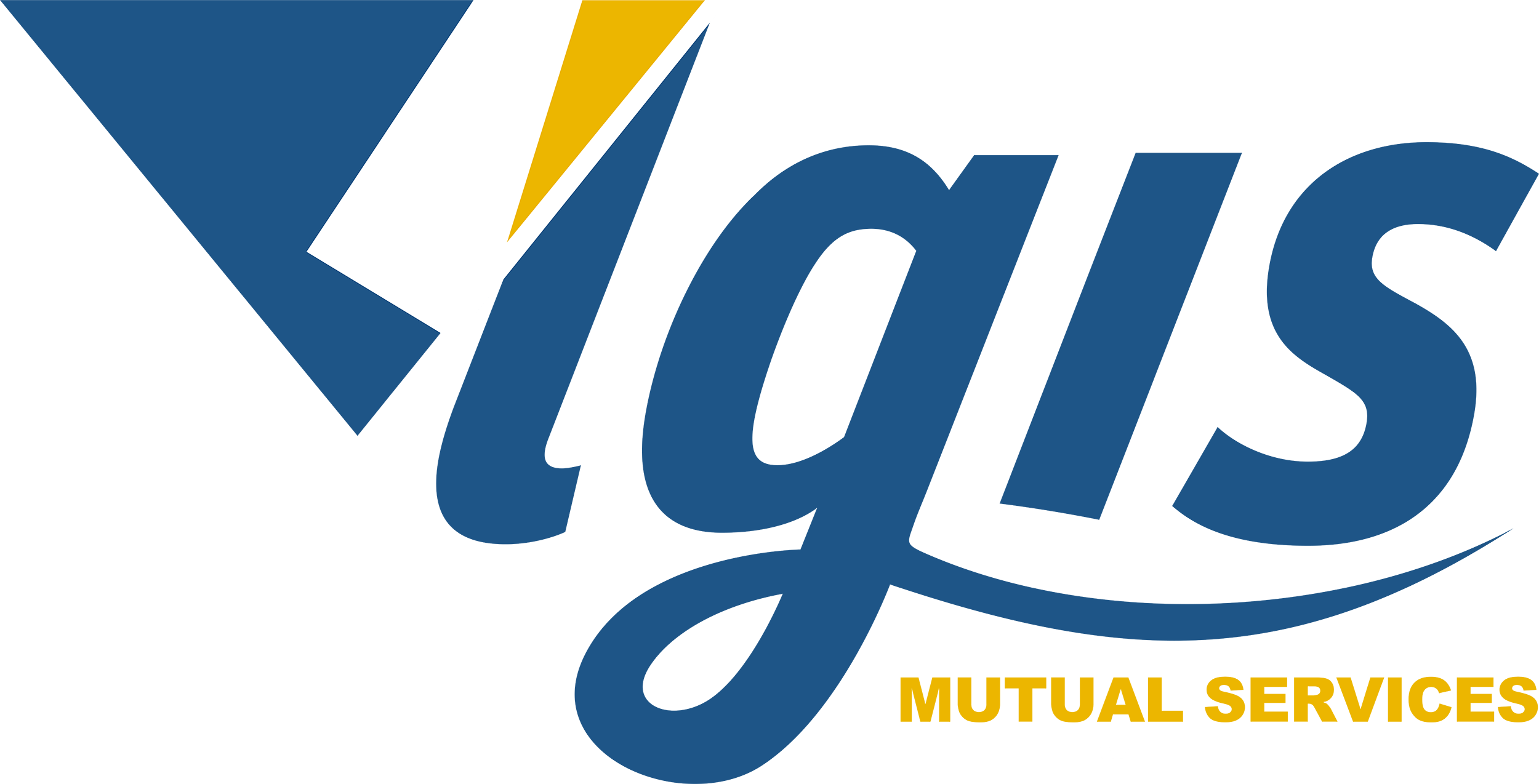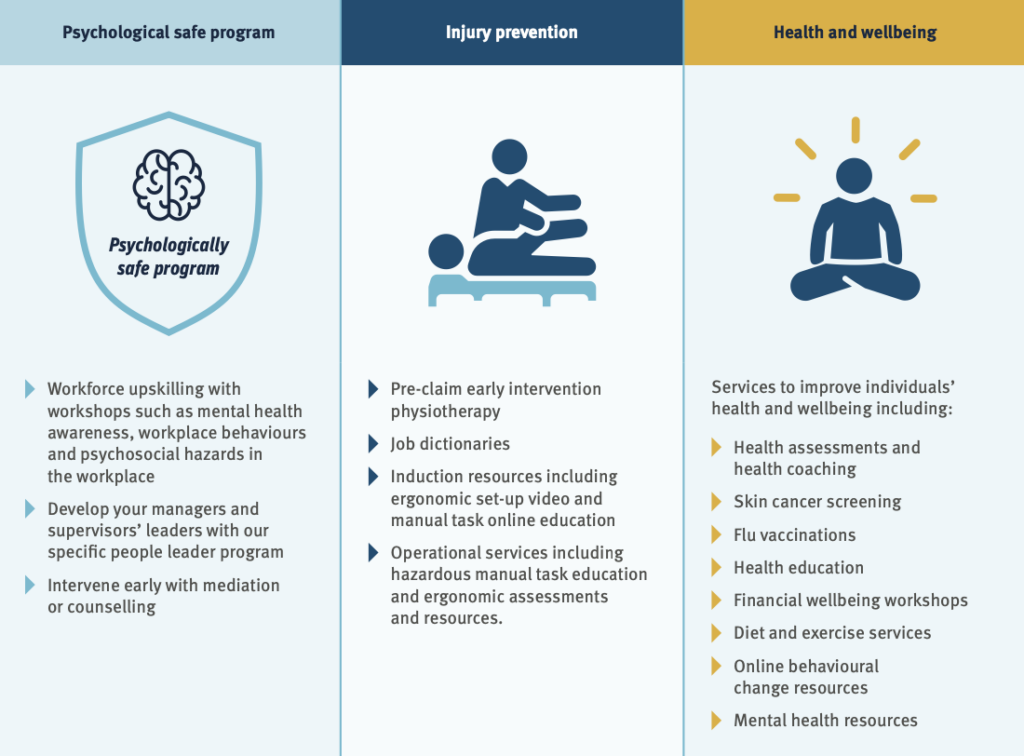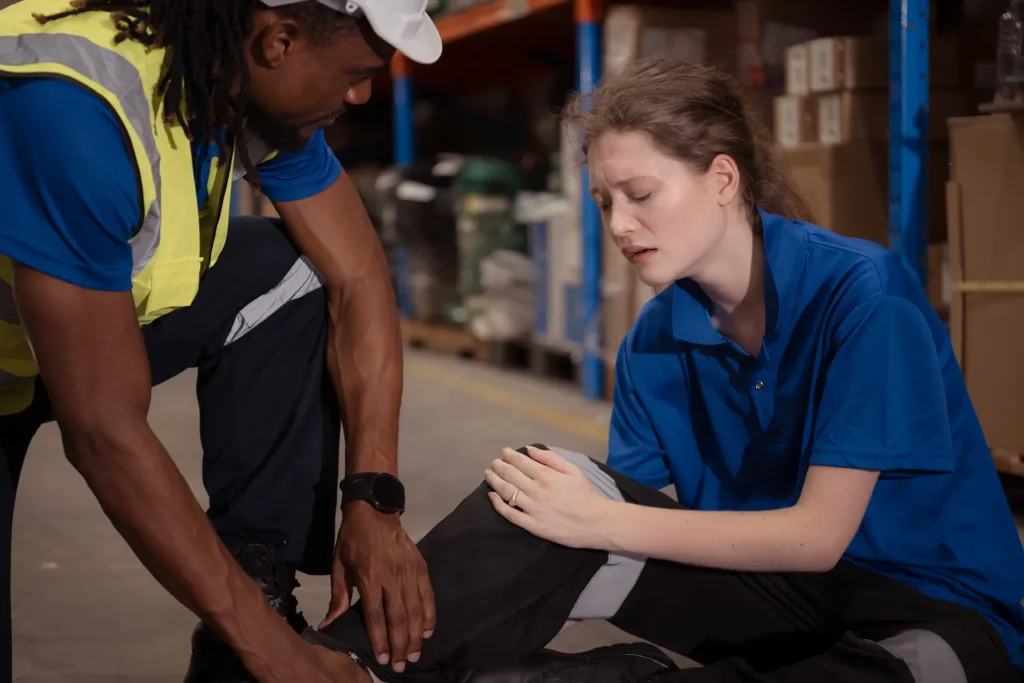Where we’ve been – Winter 2024
LGIS continued with our new workers’ compensation act roadshow, this time educating the northern metro members on the significant legislative changes. Together with WorkCover WA and legal partners Moray & Agnew, we delivered another tailored information session on the new Workers Compensation and Injury Management Act (2023) WA.





